
Michael Caine
| Use attributes for filter ! | |
| Gender | Male |
|---|---|
| Age | 92 |
| Web site | www.michaelcaine.com |
| Date of birth | March 14,1933 |
| Zodiac sign | Pisces |
| Born | St Olave's Hospital |
| London | |
| Residence | Leatherhead |
| Surrey | |
| England | |
| Spouse | Shakira Caine |
| Patricia Haines | |
| Books | Blowing the Bloody Doors Off: And Other Lessons in Life |
| Height | 188 (cm) |
| Children | Natasha Caine |
| Dominique Caine | |
| Upcoming movie | The Great Escaper |
| Grandchildren | Miles Michael Caine Hall |
| Taylor Michael Caine Hall | |
| Parents | Ellen Maria Burchell |
| Maurice Joseph Micklewhite | |
| Marriage location | Las Vegas, Nevada, United States |
| Date of Reg. | |
| Date of Upd. | |
| ID | 408351 |
The Dark Knight
The Man Who Would Be King
Inception
The Italian Job
Batman Begins
Zulu
Alfie
Interstellar
Dirty Rotten Scoundrels
Harry Brown
Miss Congeniality
Kingsman: The Secret Service
Now You See Me
The Cider House Rules
Get Carter
The Dark Knight Rises
The Prestige
Secondhand Lions
Austin Powers in Goldmember
The Muppet Christmas Carol
Journey 2: The Mysterious Island
Educating Rita
Jaws: The Revenge
Cars 2
A Bridge Too Far
Dressed to Kill
The Eagle Has Landed
The Ipcress File
Battle of Britain
Hannah and Her Sisters
The Statement
Funeral in Berlin
Without a Clue
Blame It on Rio
The Swarm
The Quiet American
Gnomeo & Juliet
The Holcroft Covenant
Deathtrap
Little Voice
Bewitched
Beyond the Poseidon Adventure
The Fourth Protocol
The Jigsaw Man
The Hand
Mr. Destiny
Noises Off
Is Anybody There?
Jack the Ripper
Going in Style
Children of Men
BAFTA Award for Best Actor in a Leading Role
Golden Globe Award for Best Actor – Motion Picture Musical or Comedy
BAFTA Fellowship
Screen Actors Guild Award for Outstanding Performance by a Male Actor in a Supporting Role
European Film Award for Best Actor
National Society of Film Critics Award for Best Actor
Golden Globe Award for Best Performance by an Actor in a Mini-Series or Motion Picture Made for Television
Satellite Award for Best Actor – Motion Picture Drama
London Film Critics' Circle Award for Actor of the Year
British Independent Film Award – The Variety Award
European Film Special Honorary Award
People's Choice Award for Favorite Cast
San Francisco Film Critics Circle Award for Best Actor
London Film Critics Circle Award for British Supporting Actor of the Year
Academy Award for Best Supporting Actor
Michael Caine Life story
Sir Michael Caine CBE is an English actor. Known for his distinctive Cockney accent, he has appeared in more than 160 films over a career spanning eight decades and is considered a British film icon.
Michael Caine confirms retirement from acting after The Great Escaper
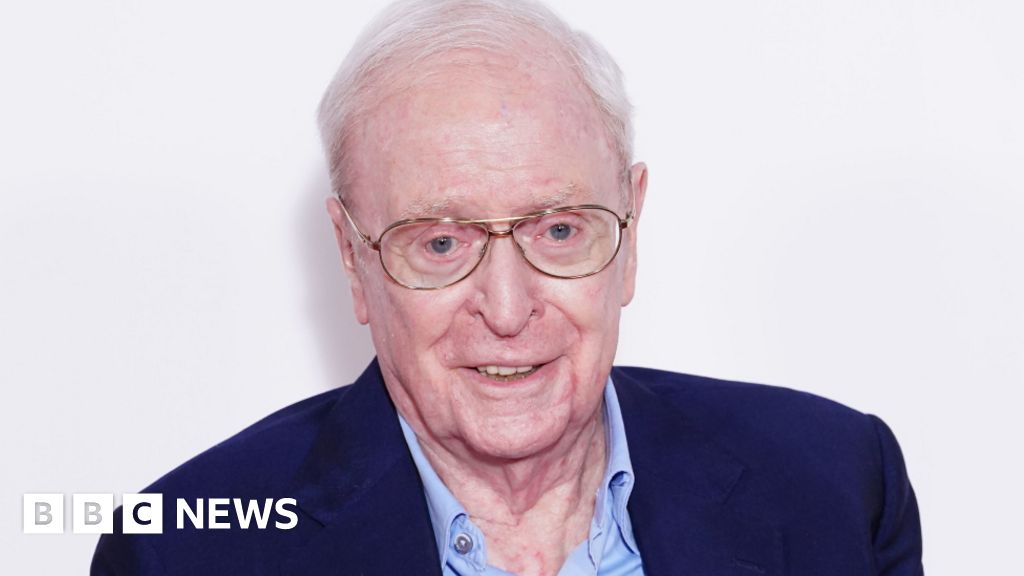
...By Steven McIntoshEntertainment reporterSir Michael Caine has confirmed he has retired from acting, following the release of his latest film...
Sir Michael Parkinson had 'imposter syndrome', son says
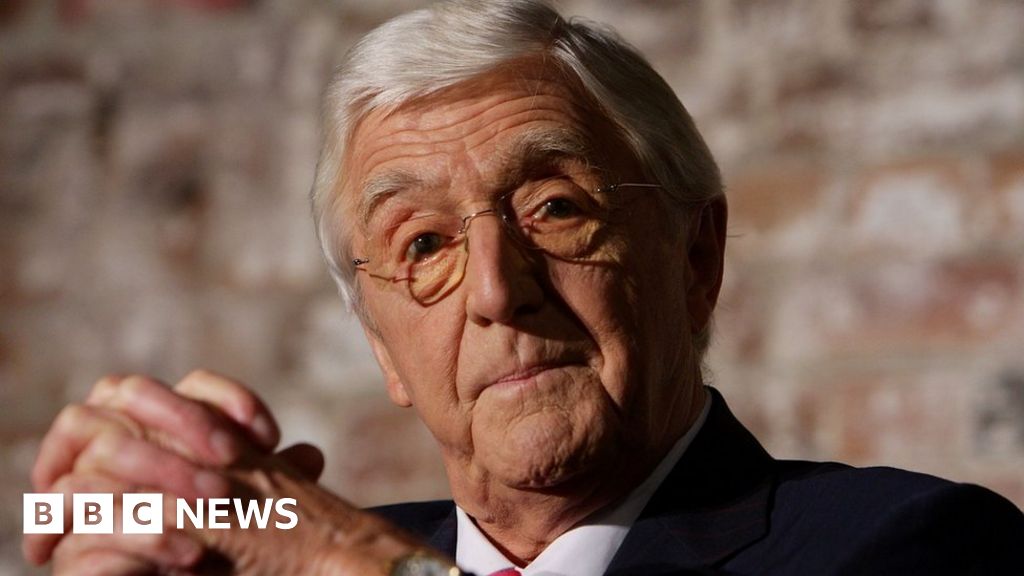
... " Tributes from around the world came in following Sir Michael s death from the likes of Sir Michael Caine and Sir David Attenborough...
Michael Parkinson obituary: Setting the standard for TV talk shows
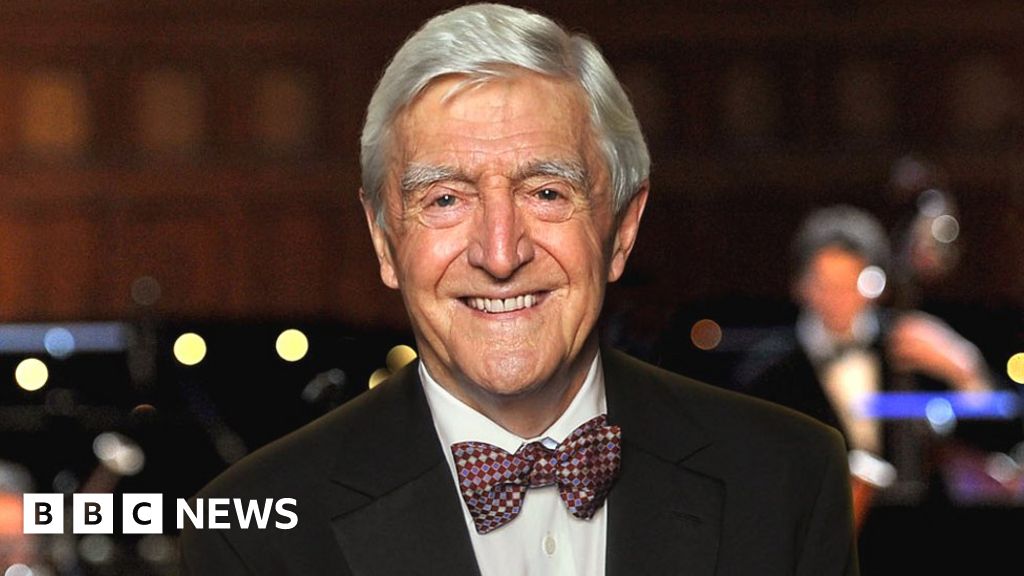
... John Lennon, Michael Caine and Elton John were among the earliest people to appear on the show and Parkinson also featured some of the music hall stars he had seen in his home town of Barnsley, such as Tessie O Shea and Sandy Powell...
Glenda Jackson obituary: An actress unafraid to speak her mind
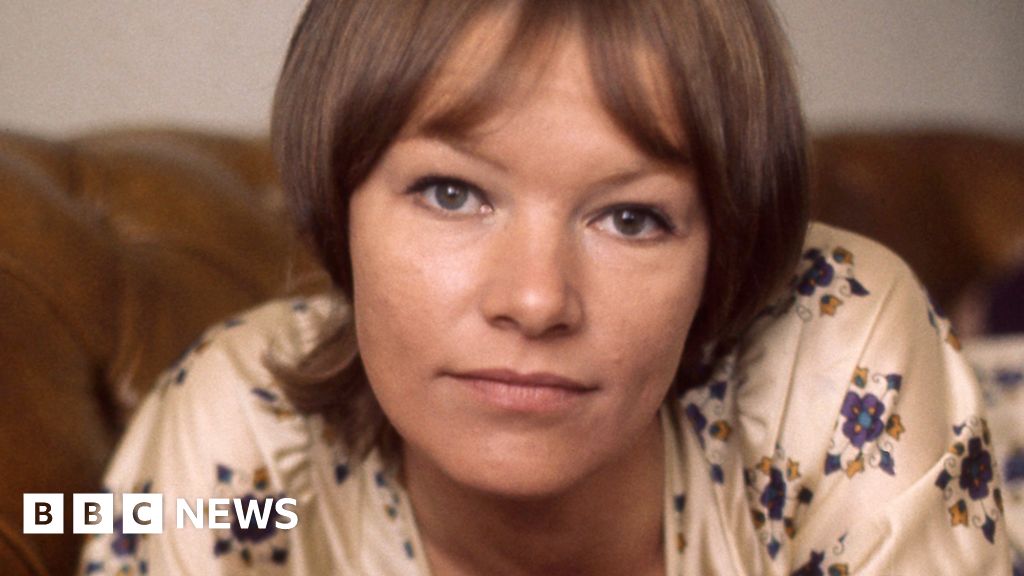
... Shortly before her death, Jackson completed filming The Great Escaper, in which she co-starred with Michael Caine...
Glenda Jackson: Oscar-winning actress and former MP dies at 87
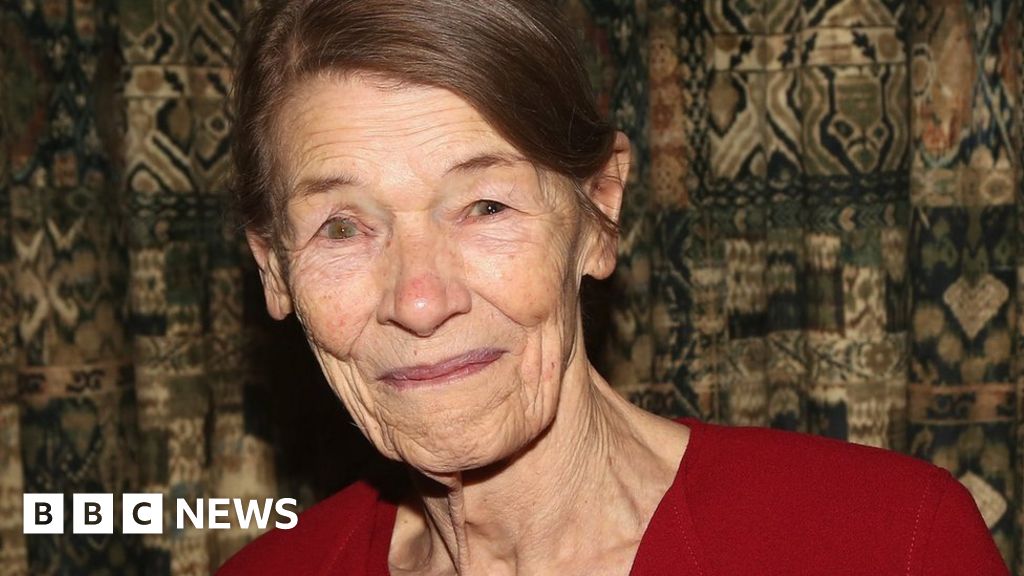
... " She recently completed filming The Great Escaper in which she co-starred with Michael Caine...
Burt Bacharach: 12 of the legendary composer's greatest songs
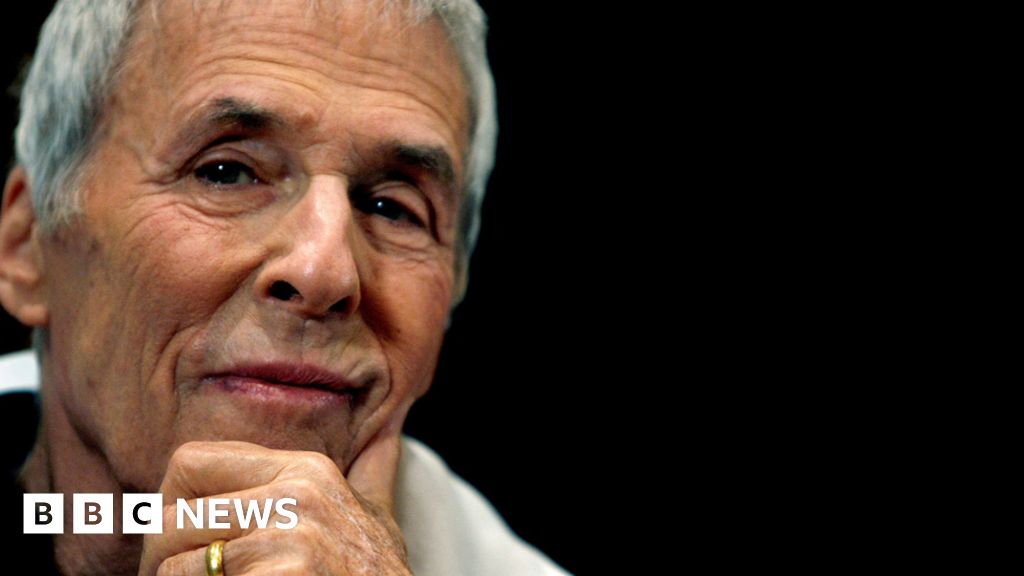
... A young Cher reworked the track as the theme song of the 1966 movie of the same name, starring Michael Caine, and it was also sung, with chart success, by Warwick...
Pele: A sporting icon who never liked his nickname
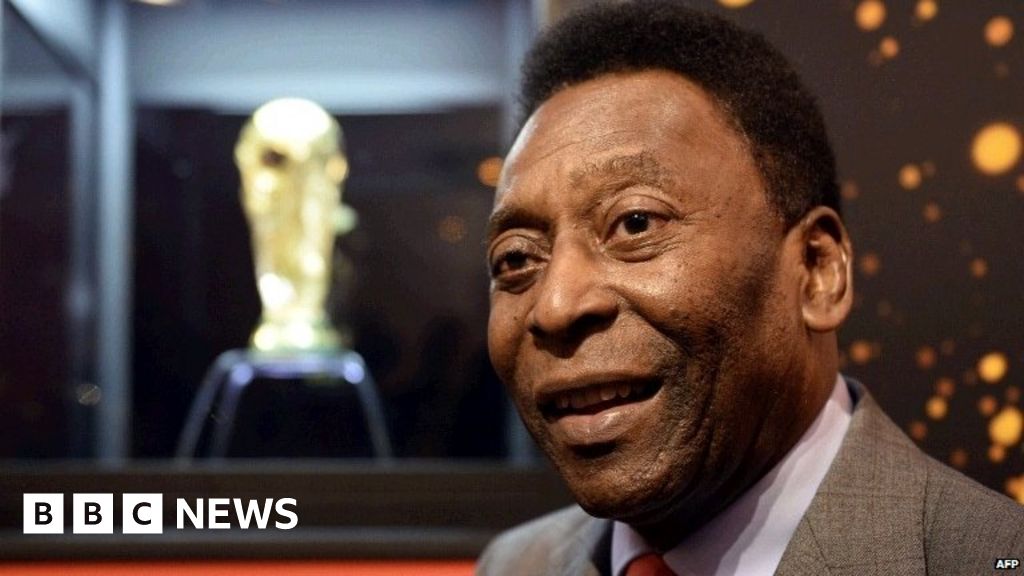
... He dabbled in acting, appearing alongside Sylvester Stallone and Michael Caine in the 1981 film, Escape to Victory...
Jordan Nash: John Lewis Christmas ad child star on mental health struggles

... Jordan Nash: John Lewis Christmas ad child star on mental health strugglesChild actor Jordan Nash was the face of the most recent John Lewis Christmas advert but, before that, the 14-year-old won a Young Artist Academy Awards - known as the Youth Oscars - for his performance as Peter Pan in the film Come Away, which also starred Angelina Jolie, David Oyelowo and Michael Caine...
Glenda Jackson obituary: An actress unafraid to speak her mind
Glenda Jackson, had scant patience for the usual foibles and pretensions of her profession.
" I regard acting, " she once said, " as a serious job for serious-minded people. "
Hollywood showered her with admiration and two best actress Oscars. But Jackson was not easily flattered.
Famously prickly, her view of Tinseltown often bordered on contempt. " If I'm too strong for some people, " she said, " that's their problem".
And, at the height of her acting power, she gave it all up for a career in politics.
Better than working at BootsGlenda May Jackson was born on 9 May 1936 in Birkenhead, in Wirral, the daughter of a bricklayer.
She attended the local grammar school, leaving at 16 to work at Boots.
Bored, she joined a YMCA drama group. " I had no real ambition about acting, " she later recalled. " But I knew there had to be something better than the bloody chemist's shop. "
Two years later, she won a scholarship to the Royal Academy of Dramatic Art (RADA).
It was, according to one reviewer, her " intense, sexually-charged talent" that won her a place at the prestigious academy.
She made an impression while still at RADA, when she appeared in a production of Terence Rattigan's Separate Tables.
She followed this up with the traditional actor's apprenticeship, doing six years in rep. She also had a small role in the 1963 film, This Sporting Life.
By this time she had married actor and art dealer Roy Hodges. The couple had a son, Dan, who is a noted political commentator.
Royal Shakespeare CompanyShe joined the Royal Shakespeare Company (RSC) in 1964. A year later, her big breakthrough came in Peter Brook's stage production of Marat/Sade.
Jackson played the lunatic asylum inmate who finds herself acting the role of Charlotte Corday, the assassin of the French revolutionary, Jean Marat.
David Edgar described her performance as that of a " waif-like narcoleptic unable to control her behaviour, but also - completely believably - the differently-mad person playing Corday".
Jackson transferred with the production to Broadway and, in 1967, appeared in a film version - also directed by Brook.
In 1969, she won her first Oscar, for best actress, in Ken Russell's adaptation of the DH Lawrence novel, Women in Love.
The beautifully shot film became notorious for its nude scenes which, Jackson later recalled, she played with " a prevailing sense of coldness".
Her co-star Oliver Reed - hardly a shrinking violet himself - memorably described acting alongside her as like " being run over by a Bedford truck".
The movie sparked Jackson's admiration for director Russell. Russell reciprocated, casting her in The Music Lovers, his biopic of Tchaikovsky.
The film, which revolved around the relationship between the homosexual composer and his nymphomaniac wife - played by Jackson - was not a commercial success.
But, according to one critic, the film was worth watching " thanks largely to a powerhouse performance by Glenda Jackson, one actress who can hold her own against Russell's excess".
Elizabeth RIn 1971, having appeared as Elizabeth I in the historically dubious film, Mary, Queen of Scots, she reprised the role in BBC TV's Elizabeth R.
The six-part series saw her play the Virgin Queen from princess to ailing old woman.
Jackson played the part with her customary intensity, even shaving her hair to accommodate the make-up required as her character aged.
She was now firmly established as one of the world's foremost dramatic actresses. She responded by sending herself up.
Morecambe and WiseOne interviewer described her as " so defiantly charmless that there is something oddly engaging about her, even vulnerable".
" As for her sense of humour, " they went on, " it's by no means non-existent, but you often need long tweezers to find it. " But that did not mean she lacked comic timing.
In 1971, she made her first appearance on the Morecambe and Wise Show - playing a comedy Cleopatra.
" All men are fools, " she declared with a flourish, " and what makes them so is having beauty like what I have got. " The audience loved it, and Hollywood took note.
Soon she found herself cast opposite George Segal in a romantic comedy, A Touch of Class.
Jackson plays a British divorcee who has an affair with a married American, and falls in love. Her classy, understated performance won her a second Oscar.
" Stick with us, " cabled Morecambe, " and we will get you another one". But - as with her previous Academy Award - she refused to go to Hollywood to pick up the statuette.
" You don't do a play to compete for an award, " she explained. " I didn't win them. They were given to me. "
Hedda GablerJackson's marriage ended in 1976, after Jackson's husband sued for divorce on the grounds of adultery.
She did not deny it, but later noted that she had never been involved in a non-violent relationship.
" When I have to cry, " she later said, " I think about my love life. And when I have to laugh, I think about my love life. "
She returned to the RSC in the title role of Ibsen's Hedda Gabler, directed by Trevor Nunn. She was Oscar-nominated for the subsequent film version, which Nunn also directed.
She also received plaudits for her role in Howard Barker's play, Scenes from an Execution, broadcast on BBC Radio 4 in 1984 - which subsequently transferred to the stage.
Jackson wowed the critics on Broadway when she appeared in Eugene O'Neill's melodrama, Strange Interlude. It required her to be on stage for four hours, as her character aged from a naive teenager to embittered mother.
The New York Times was ecstatic: " She's equally mesmerizing as a Zelda Fitzgerald-esque neurotic, a rotting and spiteful middle-aged matron and, finally, a spent, sphinx-like widow happily embracing extinction. "
She joined forces with Russell again in 1989, with an appearance in The Rainbow. In it she portrayed the mother of Ursula Brangwen, the character she played with such aplomb in Women in Love.
Quitting the stageAt the age of 56, Jackson announced she was quitting acting - to stand as a Labour parliamentary candidate in the 1992 general election.
" The best theatre is trying to tell the truth, " she said. " And the best politics is trying to tell the truth. "
In an otherwise miserable election for her party, she won a notable victory in Hampstead and Highgate, which had been a Conservative seat for two decades.
When Labour came to power in 1997, Jackson became a junior minister with responsibility for London Transport.
She resigned two years later, to make a bid to become Labour's candidate for the London mayor, but was defeated by Frank Dobson.
A left-winger by inclination, she became a fierce critic of Tony Blair's New Labour project and spoke out against the invasion of Iraq.
In 2005, she threatened to stand against Blair for the party leadership unless he announced his intention to stand down.
Attack on ThatcherismWith boundary changes, Jackson clung on to her seat in the 2010 general election with a wafer-thin majority of 42.
But the most controversial moment in her political career came in April 2013, when Parliament was recalled to pay tribute to the former prime minister, Margaret Thatcher.
Lady Thatcher had just died. But Jackson saw no reason to rein in her criticism of a woman she believed " had inflicted heinous social, economic and spiritual damage upon the country".
Conservative MPs were furious when the Speaker refused to rule her remarks out of order. One political commentator accused the Labour left of being " petty" " childish" and " self-indulgent" with its ungracious attacks on the Iron Lady's memory. The writer was Jackson's son, Dan Hodges.
Jackson decided not to defend her seat at the 2015 general election. And - at the age of 79 - she returned to acting.
She played the 104-year-old Adelaide Fouque in a BBC Radio 4 production entitled Emile Zola: Blood Sex and Money.
And, in 2016 - a full quarter of a century after last treading the boards - took on the role of King Lear at the Old Vic.
" My fear, " she said, " was that I would not have the physical or vocal strength" to play one of Shakespeare's most challenging parts.
But the Daily Telegraph described her performance as " one of those 11th-hour feats of human endeavour that will surely be talked about for years to come".
Two years later, she won a Tony Award on Broadway in a revival of Edward Albee's Three Tall Women.
Chain-smoking and often barbed, she tolerated no fools. " No-one does scorn like Jackson, " said one shell-shocked interviewer.
But the writer Marilyn Stasio best summed up the experience of watching her act: " It is like looking straight into the sun, " she wrote in Variety magazine.
" Her expressive face registers her thoughts while guarding her feelings. But it's the voice that really thrills.
" Deeply pitched and clarion clear, it's the commanding voice of stern authority. Don't mess with this household god or she'll turn you to stone. "
Jackson was winning accolades for her acting work as recently as 2020, when she won a Bafta TV Award for best leading actress for her performance in Elizabeth is Missing, about a woman suffering from dementia.
Shortly before her death, Jackson completed filming The Great Escaper, in which she co-starred with Michael Caine.
Related TopicsSource of news: bbc.com

















